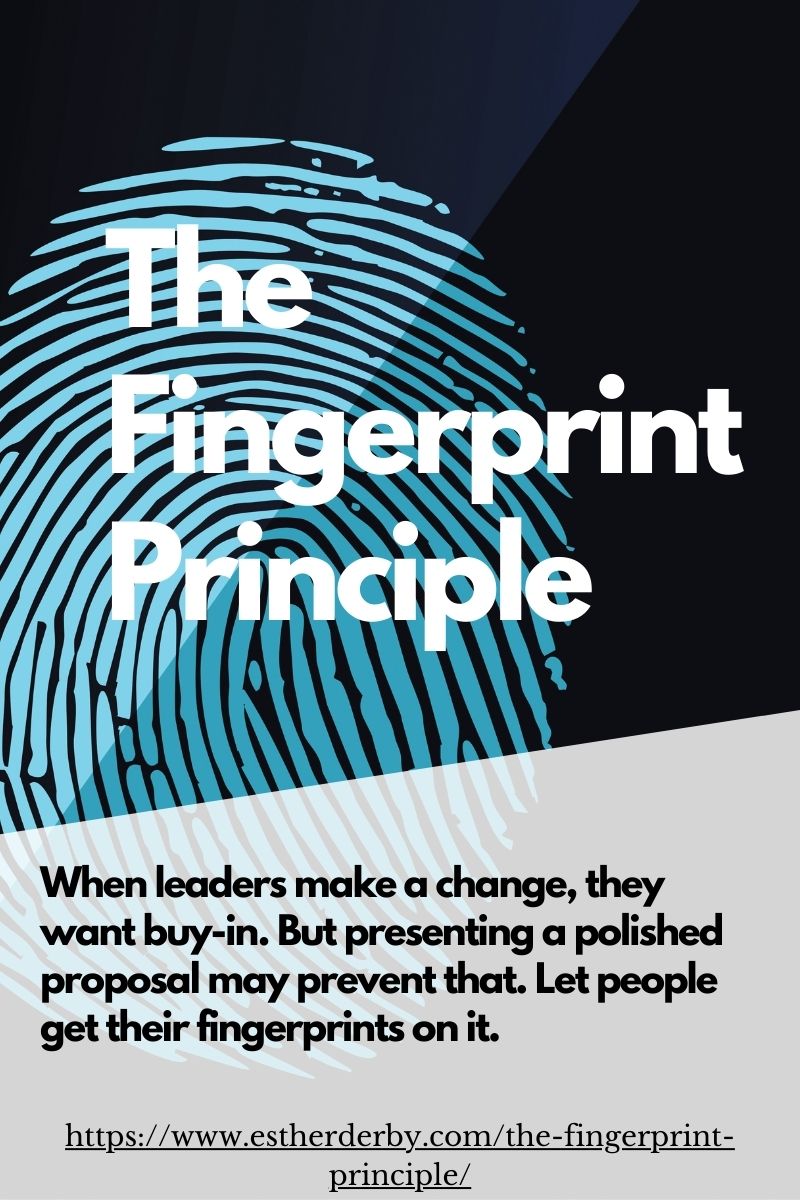Many job descriptions focus on skills—usually technical skills. Interpersonal skills may get a passing mention—“strong communication skills,” “collaboration,” or “teamwork.” But when you are filling a team position, you have to think both more broadly, and at a finer level of detail.
Let’s look a those big umbrella terms, which include skill, qualities, and informal roles.
How the candidate approaches conflict and negotiation is highly relevant for a team position, as are a number of other learnable skills. Do they address issues directly with peers, or let problems fester? Do they listen well?
Individual Skills
Here are just some of the individual skills the get lumped in when people talk about collaboration and team work.
- Navigating differences, both conflict and negotiation
- Facilitation
- Group decision making
- Communication–verbal, written, visual
- Listening
- Offering and receiving feedback
- Influence
- Self-management
Individual Qualities
You may consider qualities that contribute to the ability to work in a team:
- Flexibility
- Openness to new ideas, perspectives, personalities
- Optimism
- Determination
- Sociability
- Resilience
- Supportiveness
- Initiative

Consider the Whole Team
All of these qualities contribute to successful team work. But it is possible to have too much of a good thing. That’s where looking at the make up of the whole team comes into play. Consider the whole team, rather than looking at the candidate in isolation. Too much supportiveness, unbalanced by the ability to offer feedback and deal with conflict may lead to a team that avoids difficult conversations. Optimism untempered by a good dose of reality may lead to a team that makes promises beyond their capacity or capability.
White Space Roles
Research shows that well-functioning teams display a handful of different informal roles. These are not assigned roles, but show up naturally as the team navigates commitments, negotiates differences, solves problems and gets work done. I refer to these as White Space Roles–they don’t show up in formal documentation, but are essential for a healthy, productive team.
You don’t want to end up with a team where everyone loves idea generating, but no one who loves finishing. A team that lacks organizing may step all over each other. Teams benefit from connecting, paying attention to the social glue that holds a team together.Teams may become insular without scanning, looking outside the team to bring in fresh concepts. Monitoring grounds the team by analyzing and finding gaps. Focusing helps a team work through obstacles and keep their eye on the goal. A focus on doing keeps the team moving forward. But it is useful to have a counter balance to ensure they are working on what is valuable. However, monitoring and scanning can counterbalance doing and contribute to keep the team grounded.
Most people have natural tendencies to one or more of these essential white space roles. People who are highly skilled at teamwork, notice what is going on for the team and step into which ever role is needed in the moment.
Putting it All Together
So consider the individual, but also consider the whole team. Teams require complementary skills–and not just in their technical domain.








0 Comments